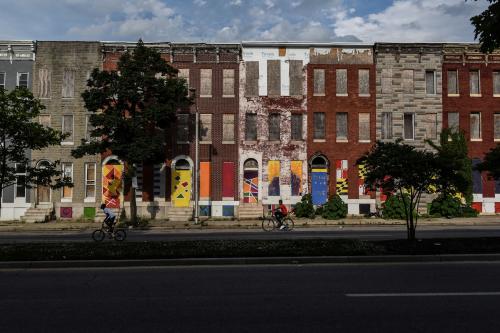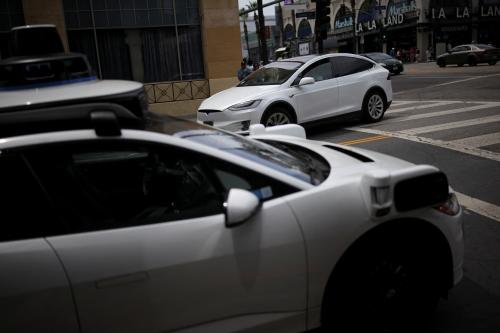Today’s announcement that the municipally owned electric utility in Huntsville, Ala. will lease its fiber lines to Google could transform how municipalities provide broadband access.
To understand the implications, some background is necessary. Huntsville, like many communities, wants a next-generation network. As its utility was planning a fiber network for its own purposes, it decided to allow third parties to lease spare fiber, adopting a dark fiber model. Communities like Champagne/Urbana, Ill., Westminster, Md., and Holly Springs, N.C. have already pioneered similar transactions.
What makes the Huntsville news potentially transformative is that the service provider is Google Fiber.
Google Fiber has already roiled the market. Before it entered the field, the wireline market structure had comfortably settled into a harvest strategy. Both cable and telco Internet service providers focused on harvesting broadband revenues—one with a premium product, the other with a value product—from networks designed to allocate scarce bandwidth, rather than investing to provide next-generation broadband. Google Fiber provided a taste of a network designed to deploy affordable, abundant bandwidth. This caused incumbents to change their tune from saying no one wants gigabit speed to bragging they will provide it. Google Fiber also changed the way cities viewed their policies affecting the cost of network deployments. To the cities credit, they improved their policies for both Google and incumbents.
Google Fiber, however, has rolled out slowly. It takes a long time to build a fiber network from scratch, and if, as Google as done, one manages every project, it can take decades to scale. Six years after Google’s initial announcement, the number of homes passed is still small.
The Huntsville model changes Google’s path to scale as it potentially decentralizes construction efforts to multiple cities. Further, it represents the first effort by a major company to decouple ownership of the fiber network from providing Internet services, potentially forcing both incumbents and other tech companies to rethink their strategies.
The model also provides cities a new tool to accelerate the delivery of abundant bandwidth to its residents. One can see a number of forces—cities, construction companies, finance companies—joining forces to construct, and in some places complete, dark fiber networks far faster than Google Fiber has been doing with its current model. The new model also allows a city to address a number of city specific policy objectives, such as enterprise zones and closing the digital divide, along the way. This path resembles how America built out its electric grid; through local, rather than national efforts.
Further, the model expands the number of communities that will benefit from the “game of gigs,” in which a Google announcement generates a network upgrade announcement from the incumbent telco and cable company. Previously, that game appeared limited to those communities that met the Google build-out algorithm. Now, many more communities, particularly smaller communities that do not have scale, will be in play. Further, the option gives cities leverage they previously lacked in negotiating with incumbents.
Some may argue Huntsville is unwisely investing in a “municipal broadband” project in which public money is unfairly competing with private. That characterization misses the point. I philosophically have no problem with a city offering a broadband service. As a practical matter, however, it is a rare city that should be in that business. To be successful usually requires taking on financial and marketing risk, as well as the ability to attract talent and expand, all undertakings outside the core competencies of cities.
This model, however, does not require the city to take on those risks and tasks. Rather, it requires the city to do something it does well: civil engineering. Building a dark fiber network is similar to building a water or sewer system. It is in adding electronics and operating, marketing, and servicing a fiber network, however, where most cities’ skills will be sorely tested.
Further, the Huntsville deal provides that any provider will be able to lease the fiber, under the utility’s standard terms and rates that apply to different provider types, thereby meeting the fairness test and lowering barriers to competition.
In short, if Google, or others, offer this opportunity broadly, it provides a win for cities that want new broadband options but without taking on problematic risks, a win in accelerating America achieving affordable, abundant bandwidth, and a win for America’s efforts to lead in the broadband delivered global information economy.
The Brookings Institution is committed to quality, independence, and impact.
We are supported by a diverse array of funders. In line with our values and policies, each Brookings publication represents the sole views of its author(s).



Commentary
Google Fiber Huntsville deal could remake broadband market
February 22, 2016